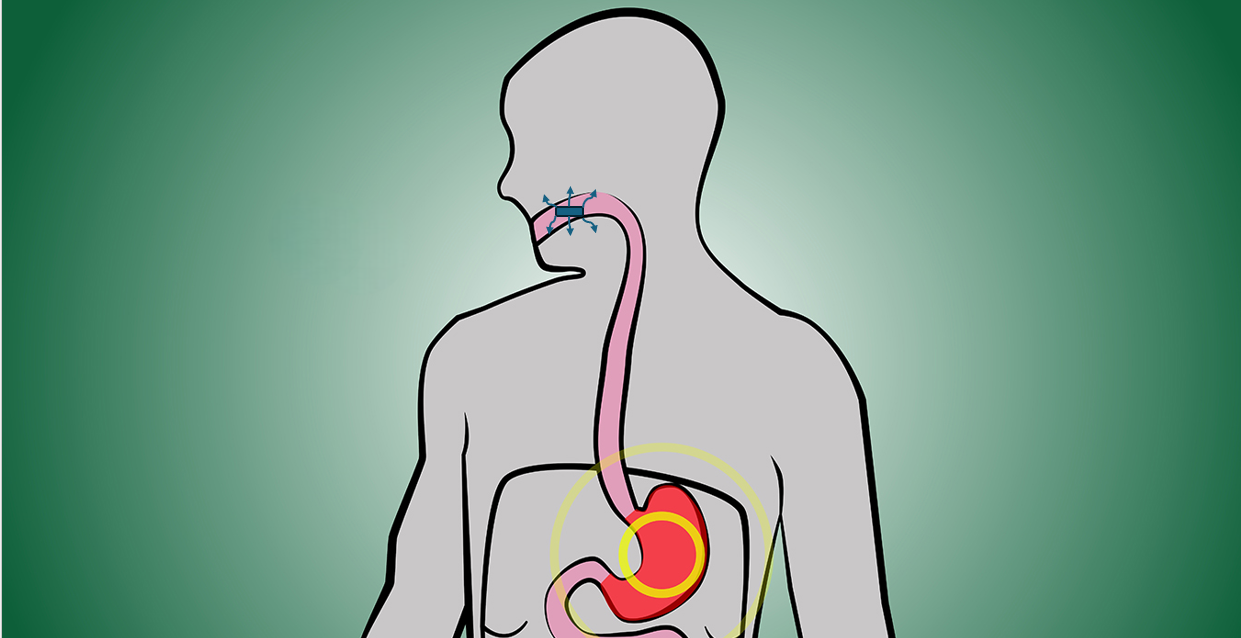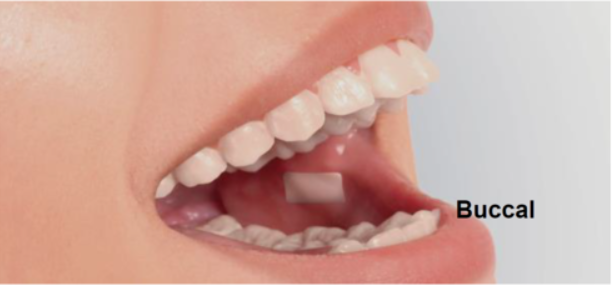Buccal Drug
Formulation Development
Home » Formulation Development » Buccal
The buccal region offers unique benefits for drug delivery compared to other more conventional routes of administration such as oral, parenteral, and topical administration. The buccal mucosa is packed with blood vessels which enables a more rapid absorption and improved bioavailability for many drugs in local and systemic treatment settings. Buccal dosage forms combine the benefits of a traditional oral dosage form – ease of administration, increased stability, and cost effectiveness – with the advantages of a parenteral dosage form with increased bioavailability, elimination of hepatic first pass metabolism, and rapid onset of action.

Bioavailability Enhancement Through Buccal Delivery
Several physiological features of the buccal cavity allow for rapid drug absorption and improved systemic bioavailability of small molecules, proteins, and peptides:
- Good vasculature
- The density of blood vessels located in the buccal region allows for improved bioavailability and can result in a significant reduction in dose which in turn helps minimize side effects.
- Relatively thinner mucosa compared to other dermal sites
- Proximity to the jugular vein provides direct access for improved onset of effect. This makes the buccal route an attractive option for many indications including acute pain, migraines, epileptic seizures and angina pectoris. Mucoadhesive buccal dosage forms help prolong the duration of action.
- Mild salivary environment with near neutral pH and limited enzymatic activity
- Many drugs are prone to degradation due to enzymes and the acidic environment of the stomach and intestines. Buccal route offers a convenient alternate delivery route for such drugs since it bypasses liver metabolism and both the harsh pH and degradative enzymes of the GI tract.
Buccal route is also more cost effective compared to non-conventional dosage forms such as nasal sprays, rectal gels, and transdermal patches.
Challenges and Limitations
Not all drugs are suitable for buccal delivery. Physicochemical properties of the API(s), anatomy, and physiology of the oral cavity play a factor in the overall efficacy of this particular route of administration. Drugs that irritate the buccal mucosa or have an unpleasant taste are more challenging to develop for buccal administration. At Vici, we can implement taste masking strategies to address issues related to drugs exhibiting poor taste.
Buccal formulations can come in many dosage forms including tablets, films, patches, troches, lozenges, solutions, gels, emulsions and sprays. Our scientists at Vici Health Sciences can identify whether a drug is suitable for buccal formulation and help accelerate the development program.

We're Here to Help
Our industry experts at Vici Health Sciences can bring your product to market faster.
Schedule a free consultation for your project with one of our experts.

